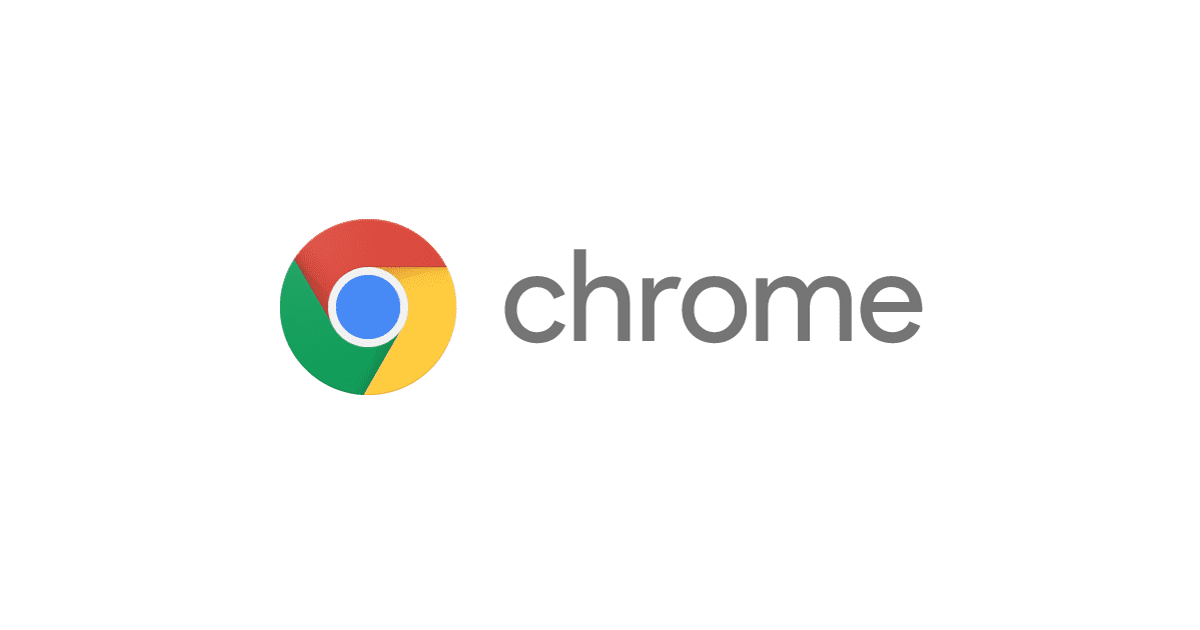Well, if you needed a reason not to use Chrome…
In a blog post made by Google’s David Li, it was announced that Chrome extensions made using Manifest V2 were soon to be phased out. The store would stop accepting them January 17, 2022, with any installed extensions themselves ceasing to function as of January 2023.
Earlier this year, for Chrome 88, we announced the availability of a new manifest version for the Chrome extension ecosystem. Years in the making, Manifest V3 is more secure, performant, and privacy-preserving than its predecessor. It is an evolution of the extension platform that takes into consideration both the changing web landscape and the future of browser extensions.
As we look to the future by continuing to iterate on and improve upon Manifest V3 functionality, we also want to share details about the plan to phase out Manifest V2 extensions.
The problem? Many of the ad blockers people are using now use Manifest V2. And the future of making new ad blockers under V3 isn’t looking so hot, due to the deprecation of a certain API that ad blockers use to do their thing in V3.
Google stated in 2019 that disabling ad blockers is not point of the new standard, but rather, security.
One of these changes is to move away from the blocking version of the Web Request API towards a new API, called Declarative Net Request. There’s been a lot of confusion and misconception around both the motivations and implications of this change, including speculation that these changes were designed to prevent or weaken ad blockers. This is absolutely not the goal. In fact, this change is meant to give developers a way to create safer and more performant ad blockers.
That being said, even earlier than that, in an SEC filing from 2018, Google’s parent company, Alphabet, did note that ad blocking technology does have the ability to hurt their bottom line.
Technologies have been developed to make customizable ads more difficult or to block the display of ads altogether and some providers of online services have integrated technologies that could potentially impair the core functionality of third-party digital advertising. Most of our Google revenues are derived from fees paid to us in connection with the display of ads online. As a result, such technologies and tools could adversely affect our operating results.
Of course, there has been criticism of the move from outside the company. The Electronic Frontier Foundation noted that while killing ad blockers isn’t the point of Manifest V3, it’s a likely side effect of the move, thanks to constraints on developers caused by the new API.
For developers of ad- and tracker-blocking extensions, flexible APIs aren’t just nice to have, they are a requirement. When particular privacy protections gain popularity, ads and trackers evolve to evade them. As a result, the blocking extensions need to evolve too, or risk becoming irrelevant. We’ve already seen trackers adapt in response to privacy features like Apple’s Intelligent Tracking Prevention and Firefox’s built-in content blocking; in turn, pro-privacy browsers and extensions have had to develop innovative new countermeasures. If Google decides that privacy extensions can only work in one specific way, it will be permanently tipping the scales in favor of ads and trackers.
Google says that they plan to reveal more details about the transition to Manifest V3 closer to the date of its implementation. In addition, they will also continue to add to its capabilities leading up to that date, per the needs of the community.
In the meantime, we will continue to add new capabilities to Manifest V3 based on the needs and voices of our developer community. Even in the last few months, there have been a number of exciting expansions of the extension platform. We introduced additional mechanisms to the new Scripting API, and we expanded the Declarative Net Request API with support for multiple static rulesets, filtering based on tab ID, and session-scoped rules.
Here’s hoping devs find ways around this.
Source: PC Gamer

